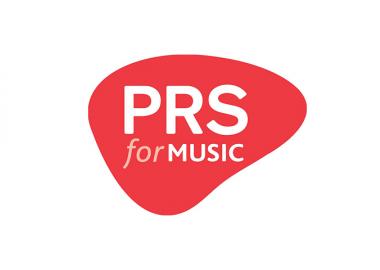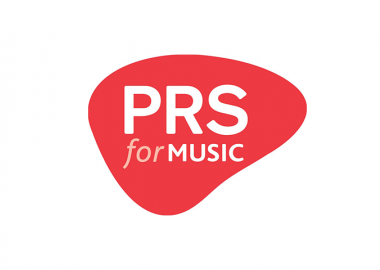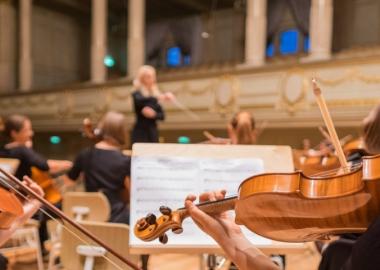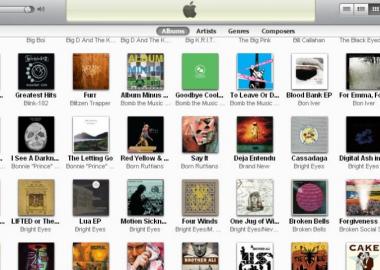When your group decides to perform a piece of music there will be copyright laws, permissions and licenses to be aware of. Part 1 of our guidance gives an introduction to music copyright.
Contents:
- What is copyright?
- How does copyright for printed music work?
- How can I find out who owns the copyright on a piece?
What is copyright?
Copyright is the legal right a creator or owner of a piece or work has to control how it is used by other people. This control normally involves licensing and permissions and is a way for the copyright holder to make money from their creation.
For leisure-time music groups there are normally four aspects of licensing and permissions you need to consider. To make things confusing licensing and payments for these areas are controlled in different ways by different organisations.
- Obtaining the music legally – distribution of copyrighted sheet music is normally controlled by the publisher. See part two of the guidance for more information.
- Copying or making changes to the music – permission to do this is usually controlled by the publisher and/or creator. See part three of the guidance
- Performing the music in public – normally controlled by PRS for Music who collect royalty payments on the behalf of the copyright holders. Part four
- Recording the music and distributing recordings – this is controlled by licensing organisations such as PRS for Music and PPL who grant distribution licences based on the method of distribution. Part five
How does copyright for printed music work?
A piece of printed music might contain three components of copyright:
- The music: i.e. the actual notes that have been written. In the UK a piece of music stays in copyright for 70 years after the death of the creator. This is probably the original composer but if a piece has been arranged, translated or edited then the arranger, translator or editor might also own the copyright to the piece they have created. If a musical work has been jointly created the copyright lasts for 70 years after the death of the last surviving creator.
- The lyrics: lyrics will sometimes have a separate copyright as a literary work. This will also last for 70 years after the death of the writer. If the music and lyrics are by the same creator then these two copyrights will still be separate but can be viewed as essentially the same. As with musical works for jointly created lyrics the copyright lasts for 70 years after the death of the last surviving creator.
- The edition: a published typographical edition of a piece of music is also protected by copyright, the rights of which are owned by the music publisher. The copyright term of a musical edition lasts for 25 years after the first publication of that edition.
How can I find out who owns the copyright on a piece?
The creators will own the musical and lyric copyright but in practice this is often either signed over to a music publisher, or the publisher is responsible for managing the copyright. This makes the publisher a good place to start if you are having difficulty finding out who owns the rights to a piece of music.
Sometimes musical and lyric copyright can have multiple owners who have signed it over to different copyright holder: for example OUP might own 50%, Bärenreiter 25% and Music Sales 25%. In this case the publisher with the biggest share would be your main contact and they should be responsible for ensuring the other owners receive their share.
If you are not sure who the publisher is or who owns the copyright you can contact the Music Publishers Association.
Other organisations and further resources
The Music Publishers Association (MPA): may be able to help you find out who the copyright holders of a piece of music are, answer questions relating to specific publications or editions, or put you in contact with a publisher.
PRS for Music: the home of the Performing Rights Society (PRS) and the Mechanical-Copyright Protection Society (MCPS).
The Musicians Union (MU): have guidance on copyright and performers’ rights.
We hope you find this Making Music resource useful. If you have any comments or suggestions about the guidance please contact us. Whilst every effort is made to ensure that the content of this guidance is accurate and up to date, Making Music do not warrant, nor accept any liability or responsibility for the completeness or accuracy of the content, or for any loss which may arise from reliance on the information contained in it.










